Extreme navel-gazing alert!
Occasionally I go "out-of-niche" and try to make my blog world bigger. Art blogging is a surprisingly small niche, and it gives me pause to wonder if it is indicative of how art fits in contemporary society. I found an interesting (if egg-headed) discussion on a theology of art going on, and decided to engage in it. I am planning an exhibition at Northwest University, my alma mater, and have been pondering about the nexus between art and spirituality.
Ben Myer's blog, Faith & Theology blogspot, published his provisional, Ten Theological Theses on Art, Sunday, December 14th., 2008.
Here, from my Christian perspective, are my Ten Theses on Art:
- Art (etymology=artifice,artificial) is a visual, organic parable. Emotional and conceptual aspects of art are of the soul. Auto-didactic art remains a function of nature.
- Sacred art is a category of art that involves subject. If art were, or could be, "Sacred," the Lord Jesus would have drawn the gospel.
- At some point, content must always supersede subject in art. Content is the construct and concept of the artist.
- Nature is corrupt, but art may rise above nature inasmuch as it may be created in an environment of redemption.
- Making art is a creative act. Individuality is intrinsic to the making of art.
- The need of art is an act of faith, rather than a scientific quantity.
- Truth in art is no more self-evident or intrinsic than any other act in nature. We assert that truth is resident in Jesus Christ.
- Beauty in the classic sense is resident in nature, and therefore must be interpreted.
- Art has a long life - longer than human mortality. With perhaps the exception of performance art and conceptual art, Fine Art is a corporeal object of exceptional longevity.
- We reject the theology that God must not be represented in art. God is personal, and art is one of the many (perhaps imperfect) means of relating to Him.
Of the responses written to Ben's, my favorite, so far, is Erin's Six Theses. I took great umbrage with poserprophet, whose angst over Auschwitz has made him completely forget the redemptive acts.


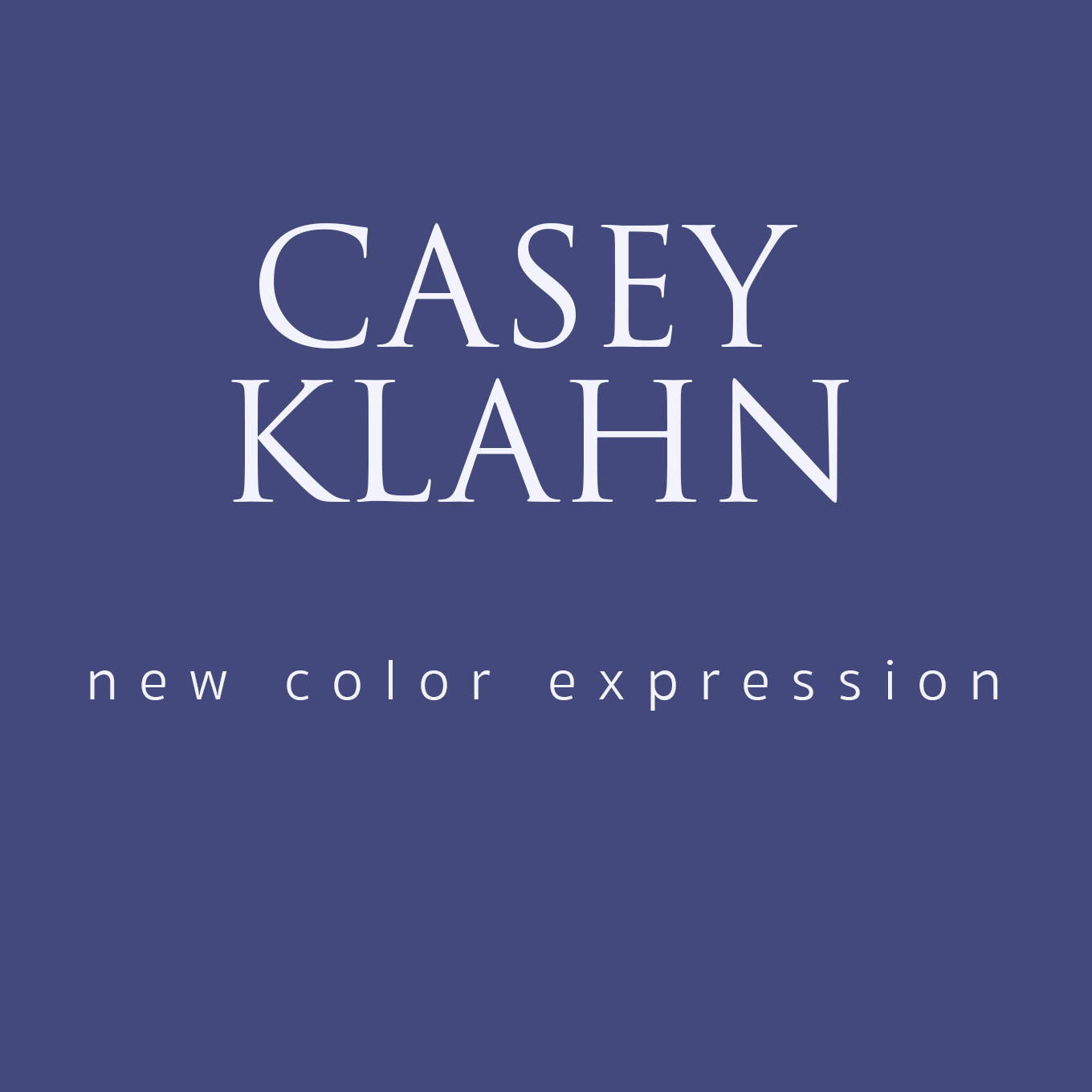
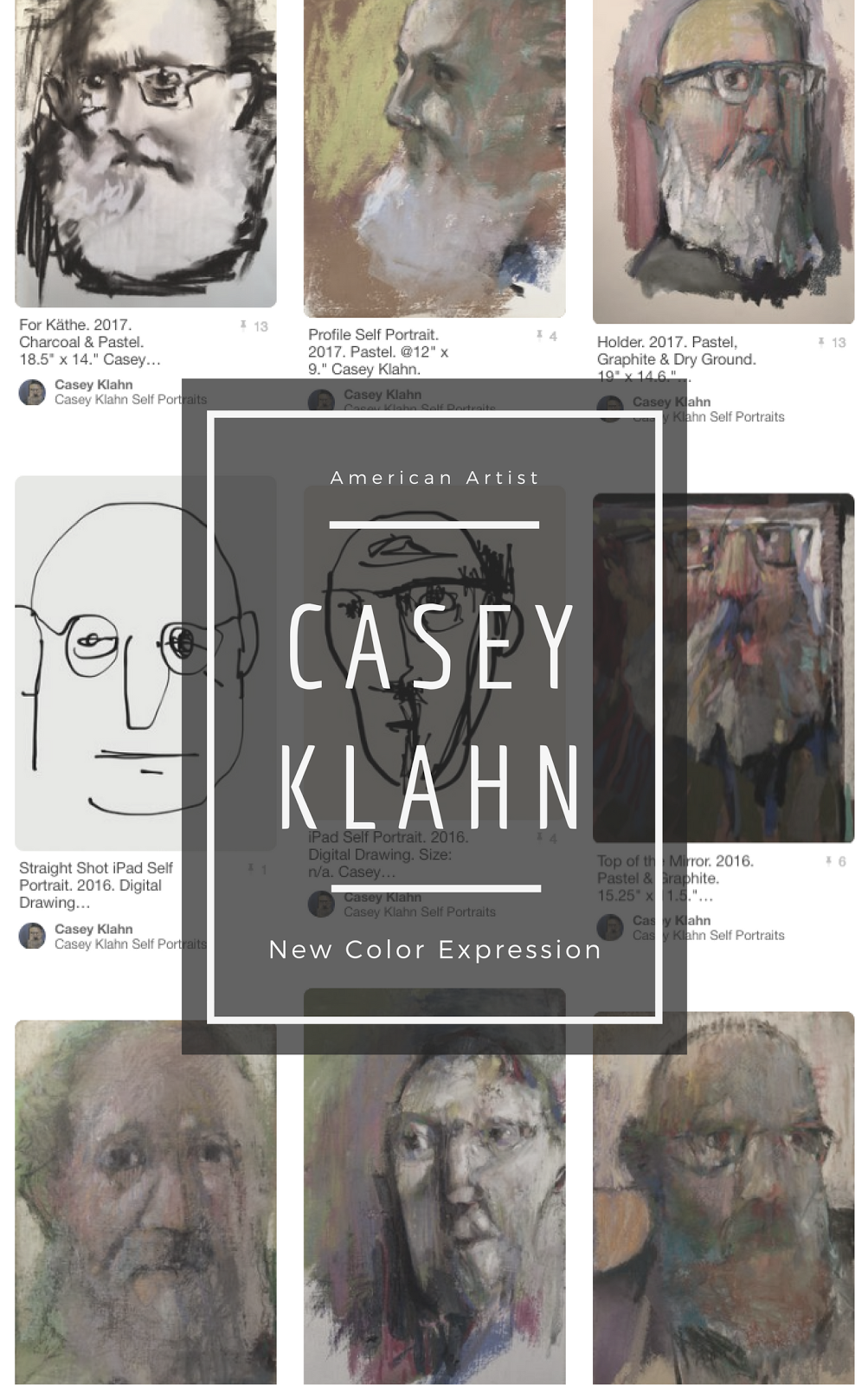








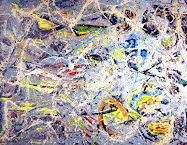
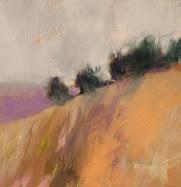
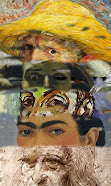






7 comments:
Casey,
I'm afraid that you (like M. Leary) are misinterpreting what I'm talking about. I'm not driven by any particular 'angst' about Auschwitz, the WWII concentration camp. Reread thesis (4) in my post. I really don't know how to say that any more clearly, but I'll try: I am driven by the conviction that Christians, in any vocation, are called to prioritise the lived experiences of the suffering and dying of our day. That said, do note that in theses (5) and (8) I do emphasise the redemptive acts that can be performed in art.
So, please, feel free to take great umbrage with anything I say, but first be sure of what I'm saying!
Hey, Dan. Sorry to "flame" you - unintended. But I am such a WW II follower - I believe I read as much WW II as art this year.
Dan wrote about the presence of Auschwitz now, and I wrote (perhaps too snarky, but I feel deeply about WW II) - -
"The Allied war against Fascism and Nazism was a redemptive act.
Now, continue on with your art."
Auschwitz (read Nazism/Fascism) was directly defeated in no uncertain terms by our victory in WW II, by an act of a redemptive nature - although not equivalent to Christ's act, it was a type of redemption. A blood-price was paid in a direct manner. The camps were closed, the armies of our enemies defeated, and some (extensive) effort has been taken to bring the Nazis to justice.
Let's see, "prioritize the...suffering and dying..." I agree with that. I don't know how to do it in my own art, but it is an interesting call. I do donate each year a percentage of my production, but that is miserably short - not worth mentioning, even.
I don't know that I feel these things because of Auschwitz, though. I recall what I think is one of the best works to get one's head around the holocaust, Wouk's War & Remembrance, had me feeling a shared sense of western failure over what happened in Europe.
But, my knowledge of history (handed down to me orally by my father and his veteran peers) regarding WW II makes me cognizant that a price has been paid with blood, and the Nazi/Fascist states were defeated.
I have stood in Italy and had Italians who experienced the war say to my face, "I love you" and "thank you" - just for being an American, and for my late father's service in combat there. What do you say to that?
Your number four I do disagree with, kindly so. Think of the millions spent, and the uncounted man hours worked, to serve the impoverished all over the planet. Put me in the half-full glass category, please. Is the job done? Never will be. Do I blanket condemn the west for something that has plagued mankind since the dawn of man? Of course not. The world standard of living is up, not down.
Jesus' first miracle was to make more wine for the revellers at the marriage feast at Canaa. On another occasion he told us "The poor are always with you". It seems to me very clear that Jesus was telling us to find a balance. Yes he spent a lot of time ministering to the sick and poor and needy, but the dude also liked a party! We also know he spent some time recharging his spiritual batteries as it were, alone in the desert. If some people recharge their spirits by creating art, and other people recharge by looking at art, and if some people just get pleasure from creating or looking at art, then I see no contradiction with the Bible there as long as individual people find their own balance.
The take-home lesson from me in this thread, has been the marginalized state of art in today's "culture". In order to see this, you have to read the posts and comments at F&T, et al.
Have you seen this funny about the state of poverty and our economy, BYW? We truly live in fat times, in spite of everything.
The extreme example that we argue here is far from the fruit of my labors. Maybe Dan had challenged me to think and do more for world problems.
Thanks for the support, Melanie! And thank you for de-lurking!
Actually, Dan's entry here is not as harsh when I read it today - and it was I who took argument with him. I guess I got on my high horse a little here - my tribal allegiances show.
Hi Casey. I so agree with you! Artists are given a gift by God and our charge is to use it "for glory and for beauty". It can be an affimation of the best of the human spirit-which in turn is a reflection of God in us. BTW, I too am a WWII history buff- my dad was in the 10th Armored (attached to 101st Airborne) so he was at Bastogne and the Bulge, and also took part in concentration camp liberations. We'll have to share on those topics one day.
It will take me a bit of time to read the original post that started all the, but I will. Then, I will get back to you. This is something I think about in a less philosophical, more intrinsic way on a regular basis. It will be interesting for me to try and verbalize my thoughts.
Yes, those were the famous relief troops at Bastogne. Rough stuff, and your father stands tall in my mind.
You owe it to yourself to visit Europe for a history tour. My own trip to Italy, somewhat a pilgrimage, was far more moving and revealing than I expected. Actually, I was hosted part time by a Belgian man, there, who made the trip down to commiserate with the famous men of the Tenth Mountain Division.
There is reading history, and then there is the oral transmission of your father's witness to the death camps. That is quite another thing.
As the greatest generation begins to pass from the world, it now rests on your shoulders to transmit the remembrance of what your father did in Europe. There will be attempts to belittle, disparage and change the story - but not on my watch.
We were being fed in one of the never-ending Italian feasts, and one of us asked an Italian hostess why they still put on such extravagant events for the veterans. She said it was because they want their children to know the story of the war.
Post a Comment